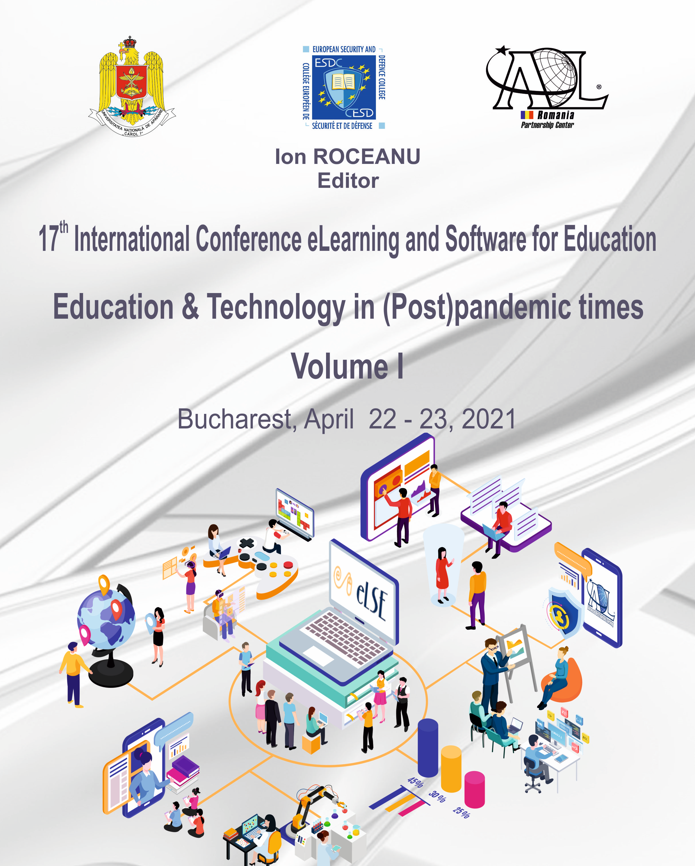CHALLENGES OF ONLINE LEARNING DURING THE COVID-19 PANDEMIC
CHALLENGES OF ONLINE LEARNING DURING THE COVID-19 PANDEMIC
Author(s): Mirela Ioniță, Veronica PĂSTAESubject(s): School education, Higher Education , Health and medicine and law, Distance learning / e-learning
Published by: Carol I National Defence University Publishing House
Keywords: online learning; interaction; COVID -19 pandemic; student motivation;
Summary/Abstract: he sudden migration from traditional to online education in the context of the COVID-19 pandemic has been a major challenge for any educational institution and has shown that e-learning paradigms need to be revisited for situations when this type of education totally replaces conventional methods for long periods. Adapting e-learning to the conditions imposed by the pandemic obviously transcends the objectives of the initial concept. The improvisations that schools, in general, were forced to do quickly, substituting face-to-face education with distance learning, showed that in such situation, education can only have ”crisis results”. We believe that most failures in implementing online education come from interaction during communication. If one can manage to overcome the technical malfunctions, the problems of limited interaction and poor communication have unpredictable consequences on the educational process and, further, on long-term social activity. Online learning as a substitute for conventional education brings about the same problems as traditional education, in terms of the risks of demotivating students, but this risk is even higher, given the artificiality of mediated communication. In this article we aim to address the relationship between technology and user in the teaching process, from the perspective of communication and to review the main interaction factors that demotivate students during online learning. To this end, we shall mainly analyze aspects of preparing, teaching and evaluating educational activities at university level. The article is largely based on findings and exemplifications from our direct activity and draws on the scientific apparatus of e-learning, mainly from the perspective of end-users. This article does not aim to put forward final value judgements about the quality or opportunity of online education, but only wants to emphasize that, even in this particular situation, the principle of correlation between expectations and performance applies.
Journal: Conference proceedings of »eLearning and Software for Education« (eLSE)
- Issue Year: 17/2021
- Issue No: 01
- Page Range: 176-181
- Page Count: 6
- Language: English

